Ruswai is going south fast and doing a disservice to Sameera's journey
Readers, it turns out this writer’s earliest take on drama serial Ruswai was all wrong.
The show is not so much about life as a sexual assault survivor but more about the problems that can arise from the practice of watta satta.
Watta satta, which translates to bride exchange, involves the simultaneous marriage of a brother-sister pair from two households. Because watta satta is a fairly common practice across Pakistan, dramas frequently deal with the subject (think Sammi).
Ruswai is no different really although it tries to go against the grain by adding an additional plot twist in which one of the brides (Sameera played by Sana Javed) is gang raped.
I did not sign up for this when I started this show
Because the families have pledged to swap daughters and because Sameera’s father (Mohammed Ahmed as Mahmood) basically let his daughter be kidnapped so that he could save his daughter-in-law Wardah (Minna Tariq), Sameera’s in laws feel obligated to accept Sameera and Salman’s (Mikaal Zulfiqar) wedding even though Salman’s mother (Salma played by Irsa Ghazal) would rather walk barefoot on shards of glass than bring home a rape victim as a bahu.
And this is how the practice of watta satta simultaneously brings together two families but also, eventually, destroys them.

Even though Sameera and Salman and their respective siblings Hamza and Wardah all manage to get married, neither couple finds peace.
Also read: Sexual assault survivors need support. So why is the opposite happening in Ruswai?
From the start of their marriage, Sameera and Salman begin falling apart. Salman can’t get over Sameera’s rape nor does he know how to emotionally support Sameera who is still clearly working through stuff while also struggling with intimacy and nightmares.
Things take a turn for the worse when he begins berating her for wanting to go public with her story and beating her for “disobeying”. Sameera takes it all until she catches him cheating on her with the insufferable Pinky (played by Sharmeen Ali). This final act of betrayal results in Sameera and Salman’s divorce.
Because watta satta is a fairly common practice across Pakistan, dramas frequently deal with the subject (think Sammi). Ruswai is no different really although it tries to go against the grain by adding an additional plot twist in which one of the brides is gang raped.
Even though Sameera and Salman’s siblings, the newly married Hamza and Wardah, are actually quite smitten and happy with each other, their siblings’ marital problems have an inevitable trickle down effect into Hamza and Wardah’s marriage.
It starts off as bickering between the two but when Wardah makes the mistake of secretly attending Salman and Pinky’s wedding, things spiral out of control.
When Sameera’s dad finds out, he gets into a car accident and dies a sad, sudden death. This results in Sameera’s mom (Wardah’s mother-in-law) turning into a monster-in-law, going completely against Wardah. She makes Hamza send Wardah back to her parents house, which means Salman’s family is now in the vulnerable position of the larki wallay.

Even though Hamza wants to stay with Wardah, watta satta rears its ugly head when his mom turns things into a “not over my dead body” type of situation. Note that this is the same mom who, when her daughter Sameera was being physically and verbally abused, remained submissive to Sameera’s husband Salman and his parents essentially telling Sameera to suck it up, to listen to Salman, and, to make things work.
All this makes the more recent episodes infuriating to sit through, really.
Read more: Ruswai has taken a predictably frustrating turn but a big shift is coming
Anyhow, as we near the end of the series, it seems that the only one who’ll be able to save Hamza and Wardah’s marriage is Sameera.
All this brings me to my biggest question: what of Sameera’s story?
Ruswai has lost the plot
The show, which has the mega talented Sana Javed in the lead role of Sameera, certainly started off as promising. But, for reasons beyond me, the show writers have stopped exploring the difficult question of what is life like after rape. Instead, the plotline has turned into a typical HUM TV cheating husband and evil saas snoozefest.
The first half of the drama serial shows Sameera going through one of the most traumatic things a woman can experience. But the latter half is all about the problems surrounding watta satta.
Sure, we see bits and pieces of Sameera’s inner fire returning. For instance, she gets a call from the hospital about coming in to talk to a rape victim. She corrects the caller telling them that if someone has decided to share their story publicly they are no longer a victim, they are a survivor.
The show certainly started off as promising. But, for reasons beyond me, the show writers have stopped exploring the difficult question of what is life like after rape. Instead, the plotline has turned into a typical HUM TV cheating husband and evil saas snoozefest.
It’s stuff like this that makes me appreciate Sameera’s journey but it’s also stuff like this that frustrates me because we don’t really know Sameera’s journey. How did she reach this place of acceptance? How did she become empowered enough to work with other survivors?
True, not every drama needs to be about the meteoric rise of a woman-done-wrong nor does it need to be an over the top feminist manifesto (i.e. Cheekh). But, if the subject of sexual assault has been raised as the crux of the plot then it should be treated with due care and attention.

Sameera’s strong character and the show’s gritty plotline is what originally drew so many of us to Ruswai.
And after months of misogynist drama writers and their doh takkay ke dialogues (ahem, Meray Paas Tum Ho), I had hoped Ruswai would be a much-needed reprieve of good TV writing - the kind of TV writing, like Baaghi, that reminds us of the many ways women in our society can and do struggle and (hopefully) persevere.



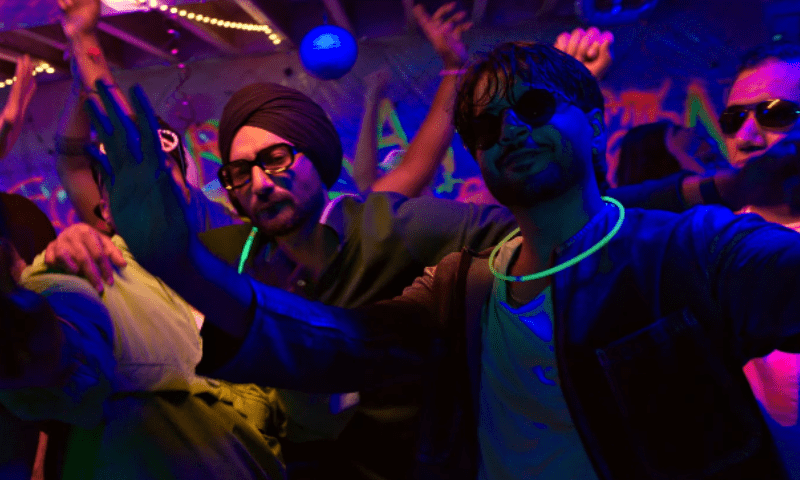


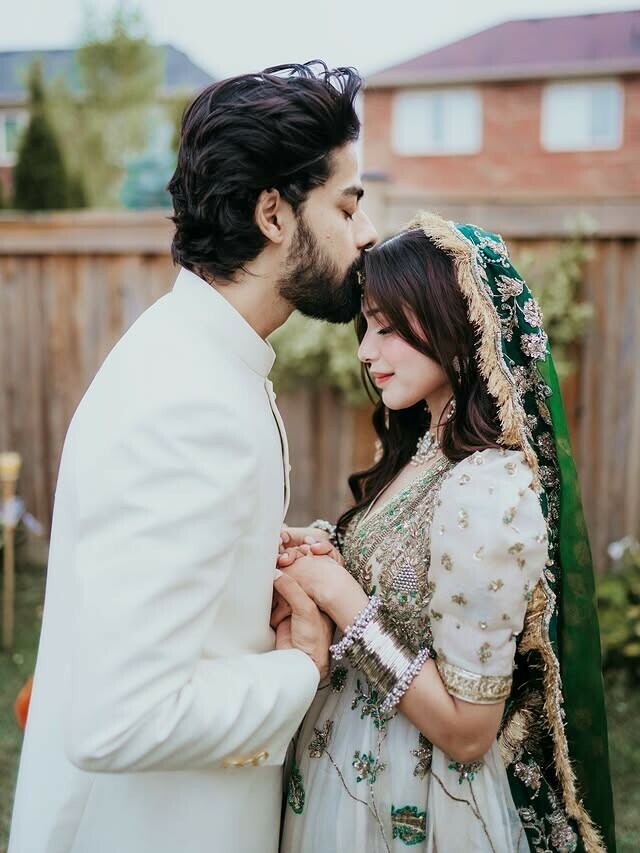
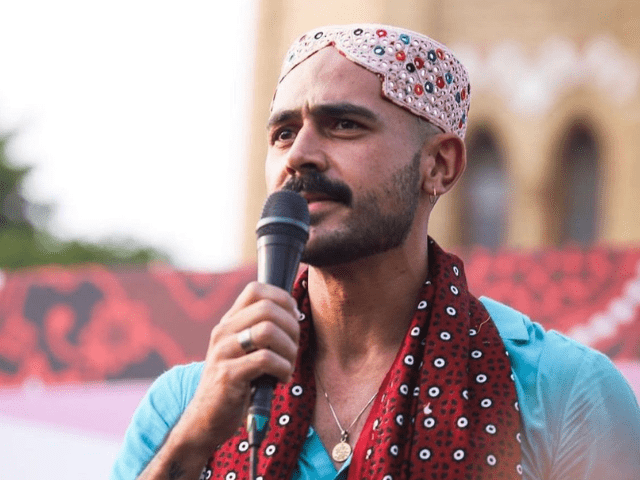
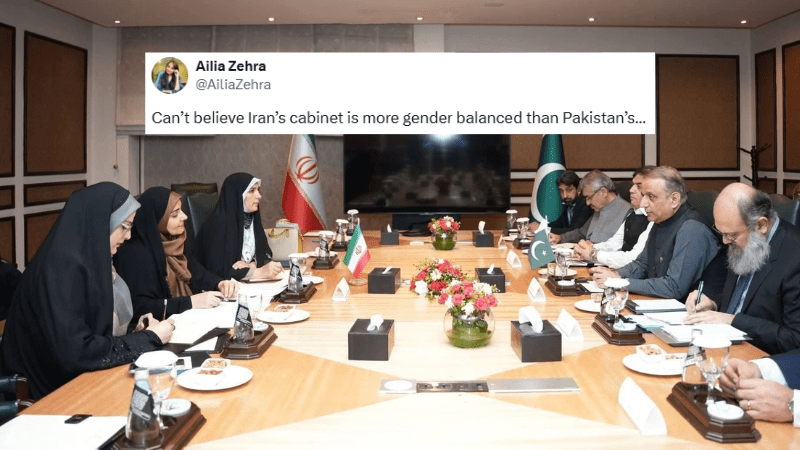
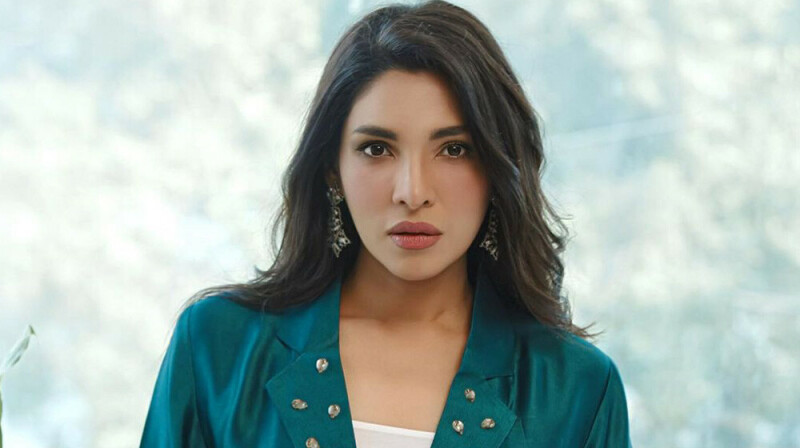
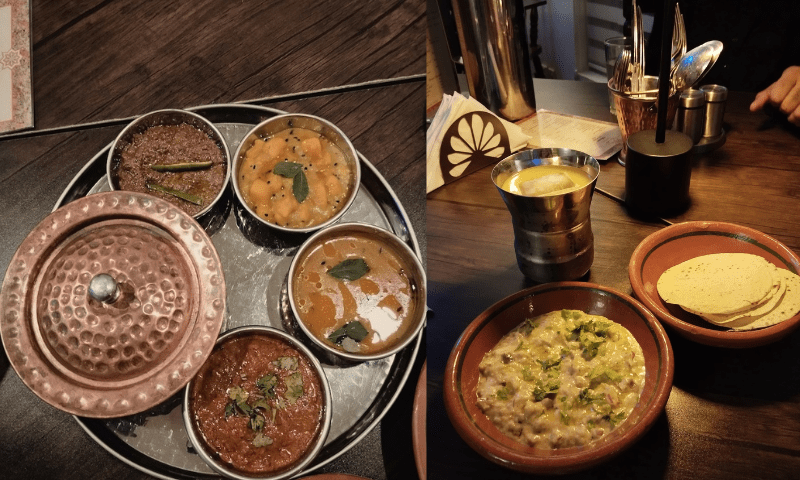
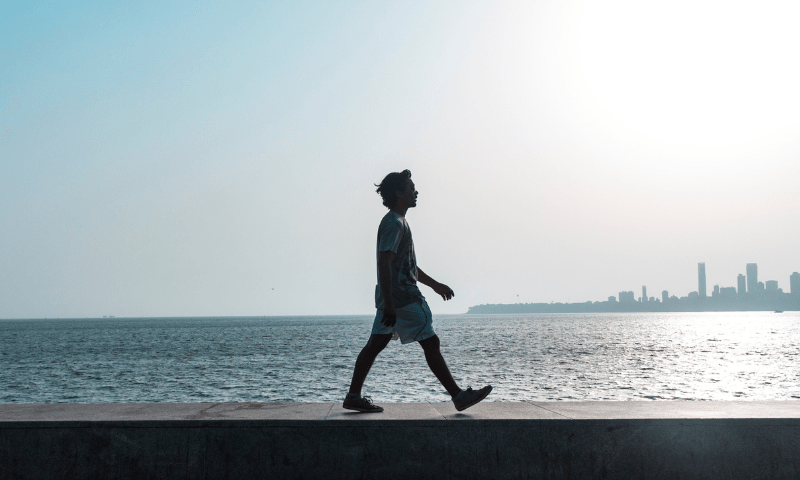
Comments